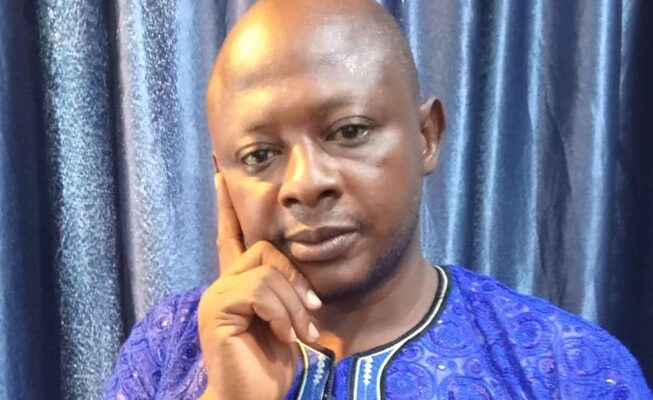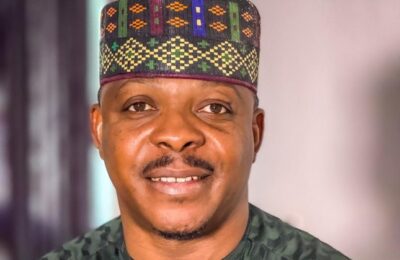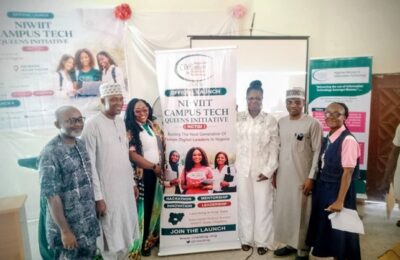In the dim wards of many Nigerian hospitals, the last refrain of countless men remains the same: “If only I had known.” It is the dirge of deferred wisdom — when masculinity, long shielded by stoic fear or pride, collapses before the verdict of biology. Yet within this lament lies an unspoken revelation: that the prostate, long demonised and misunderstood, is not an executioner but a patient sentinel pleading for attention before revolt.
Prostate afflictions in Nigeria have transited from private shame to public concern, exposing the fragile intersection between health, culture, and ignorance. To speak of the prostate is to touch the very psychology of manhood — a subject often buried beneath laughter, secrecy, and superstition. But science has no patience for pretense. Whether benign prostatic hyperplasia, prostatitis, or the ominous carcinoma, the gland’s rebellion is not sudden; it is the cumulative echo of neglect.
As the ancient physician Galen once observed, “That which is neglected often turns tyrant.” Indeed, the Nigerian man’s greatest enemy is not the disease itself but his habitual denial of it. The illusion that real men do not complain has sent more souls to premature graves than the ailment ever could. The prostate is no respecter of status; it humbles professors and farmers alike, stripping them of vanity and forcing them to reckon with mortality.
But beyond despair lies deliverance. The old dogma that every prostate enlargement is a surgical inevitability is fast losing ground in contemporary urology. Advances in pharmacotherapy, phytomedicine, and minimally invasive procedures now offer a constellation of alternatives to the knife. Alpha-blockers, 5-alpha-reductase inhibitors, and plant-based extracts such as Serenoa repens (saw palmetto) and Pygeum africanum have demonstrated measurable efficacy in symptom relief and glandular reduction. Yet, these interventions demand professional oversight; for the prostate does not forgive self-medication.
The connection between prostate dysfunction and erectile fragility further complicates the male psyche. It is a cruel paradox — that the very organ of virility becomes the harbinger of impotence. But erectile dysfunction, though often coincidental, is rarely purely sexual. It mirrors systemic imbalances — hypertension, diabetes, vascular compromise, and chronic stress. The body, as scripture reminds us in 1 Corinthians 6:19, “is the temple of the Holy Spirit.” Desecrate it through neglect, and even the sacred chambers of pleasure protest.
Dr. Abdul Ibrahim, a urologist at the University College Hospital, Ibadan, captures the dilemma succinctly: “Over seventy percent of Nigerian men with prostate conditions arrive at tertiary hospitals when the disease has progressed beyond conservative control.” Such statistics indict not only ignorance but the inertia of governance. Public health policies have for too long romanticized maternal and child welfare while leaving the aging male body to its private agony. National health discourse must now expand to include male reproductive health as a matter of state urgency.
The remedies are neither arcane nor unattainable. Early screening through the Prostate-Specific Antigen (PSA) test remains the first line of defence. Men above forty must institutionalise annual check-ups as a civic and spiritual duty. Nutritionally, the path to prostate preservation lies in simplicity: lycopene-rich tomatoes, zinc-saturated seeds and nuts, green vegetables, and generous hydration. Alcohol moderation and routine physical activity — even brisk walking — enhance circulatory integrity and hormonal equilibrium.
On the contentious matter of sexual frequency, scientific consensus remains elusive. While some studies propose that regular ejaculation reduces carcinogenic stagnation within the gland, others dismiss it as anecdotal. What endures is the wisdom of moderation: excess, like abstinence, must bow to balance. As the late Bishop Benson Idahosa once quipped, “Anything abused, even pleasure, becomes poison.”
The government’s intervention must transcend press statements. It must materialize in mobile screening units, subsidized diagnostics, and prostate education campaigns reaching from Lagos high-rises to Idah’s riverine hinterlands. Faith leaders, too, have a pulpit beyond salvation — to preach the gospel of health. For the body unkept is a faith betrayed.
Above all, the Nigerian man must learn that vulnerability is not the antithesis of masculinity but its refinement. Silence is not stoicism; it is slow suicide. The true emblem of manhood is the courage to confront frailty before it becomes fatal. The late Prophet T.B. Joshua once reminded his congregation, “When knowledge enters the heart, healing begins.” That truth must now echo across every home, mosque, and church, until prostate awareness becomes a national anthem of survival.
The future of men’s health in Nigeria will not be won by scalpels alone, but by enlightenment — by restoring the dialogue between man and his body. The knife may cure, but wisdom prevents. The time for that wisdom is no longer approaching; it has arrived. For when a man learns to guard the small gland that sustains his lineage, he not only prolongs his days — he reclaims his dignity.
– Inah Boniface Ocholi writes from Ayah – Igalamela/Odolu LGA, Kogi state.
08152094428 (SMS Only)




